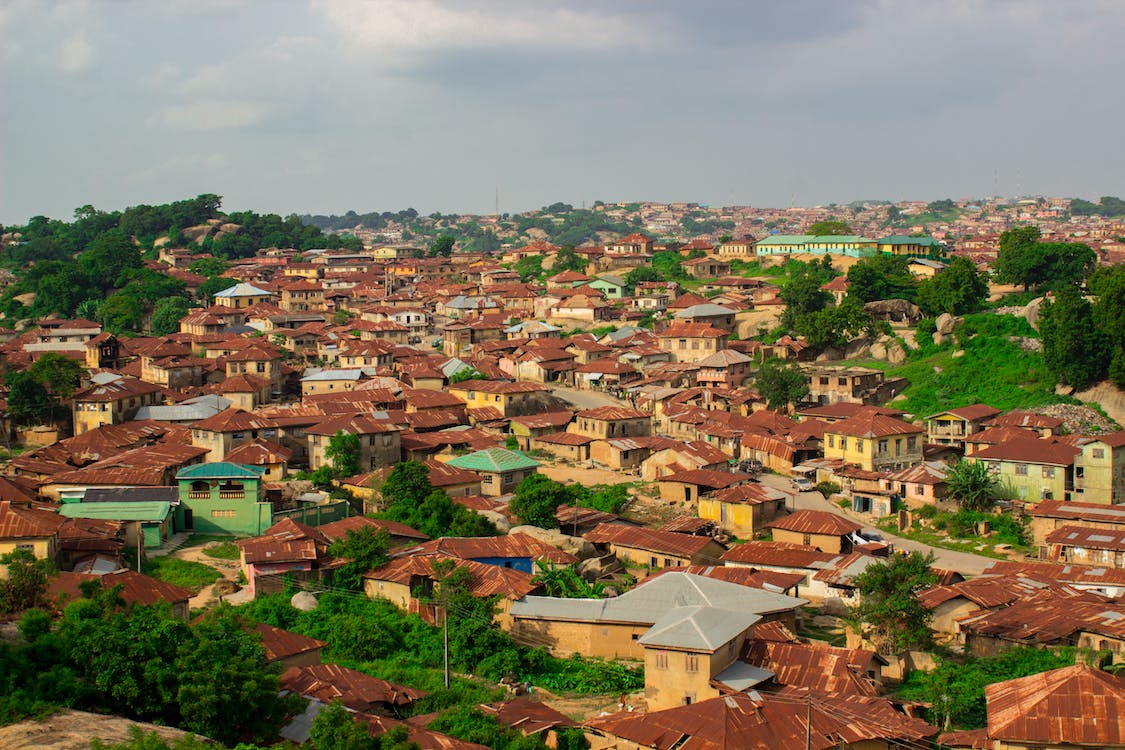Corruption has been a longstanding issue in Nigeria, permeating various aspects of society and hindering the country’s development. The fight against corruption has been a priority for many administrations, and there are varying opinions on the effectiveness of these efforts.
Challenges in the Fight Against Corruption:
Complexity and Scale: Nigeria’s corruption challenges are complex and widespread, involving government institutions, businesses, and societal norms. Tackling such deeply ingrained corruption requires comprehensive strategies and sustained efforts.
Institutional Weaknesses: The effectiveness of anti-corruption agencies and institutions has been called into question, with concerns about political interference, inadequate resources, and a lack of independence impacting their ability to combat corruption effectively.
Public Perception: There is a widespread perception among the Nigerian public that corruption remains pervasive, undermining trust in government institutions and impeding progress in various sectors, including healthcare, education, and infrastructure.
Effectiveness of Anti-Corruption Efforts:
Legislative Reforms: Nigeria has implemented legislative reforms aimed at combating corruption, such as the establishment of anti-corruption agencies and the enactment of laws to prosecute corrupt practices. However, the enforcement and implementation of these laws have faced challenges.
International Collaboration: Nigeria has collaborated with international organizations and foreign governments to repatriate stolen funds and assets, demonstrating a commitment to addressing corruption at a global level.
Civil Society and Media: Civil society organizations and the media have played a crucial role in exposing corrupt practices and advocating for transparency and accountability. Their work has helped to keep the issue of corruption in the public eye and hold authorities accountable.
Opinions on Effectiveness:
Skeptics argue that despite the establishment of anti-corruption agencies and the enactment of laws, there has been limited success in prosecuting high-profile individuals involved in corrupt practices. They point to instances of political interference and a lack of significant convictions as evidence of the limited impact of anti-corruption efforts.
Proponents of the government’s efforts highlight the need for sustained commitment and the incremental progress made in addressing corruption. They emphasize the importance of building strong institutions, fostering transparency, and promoting ethical leadership as essential components of long-term success in combating corruption.
Moving Forward:
To enhance the effectiveness of the fight against corruption in Nigeria, there is a need for:
Strengthening of Institutions: Ensuring the independence, adequate resourcing, and capacity-building of anti-corruption agencies and judicial bodies to enable them to carry out their mandates effectively.
Transparency and Accountability: Promoting transparency in government processes, public procurement, and the management of public funds, coupled with mechanisms to hold public officials accountable for corrupt practices.
Public Engagement: Encouraging active engagement and participation from the public, civil society, and the media to support anti-corruption initiatives and hold leaders accountable.
In conclusion, the fight against corruption in Nigeria is a complex and ongoing challenge that requires sustained efforts, institutional reforms, and a commitment to transparency and accountability. While progress has been made in certain areas, there is a consensus that more needs to be done to effectively combat corruption and its detrimental impact on Nigeria’s development and governance.


